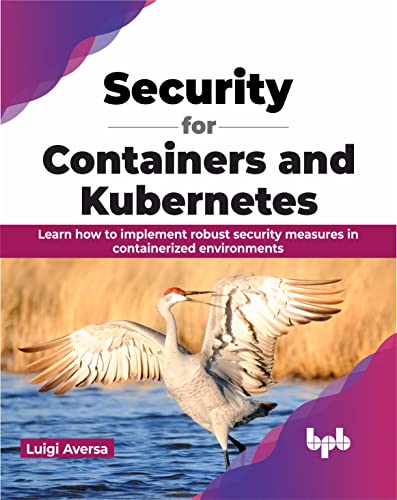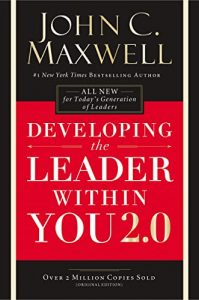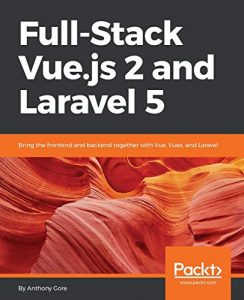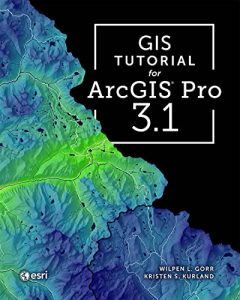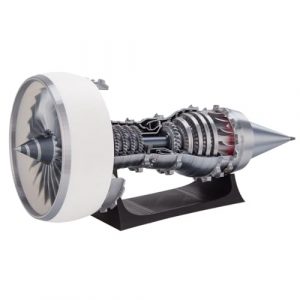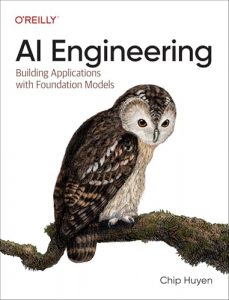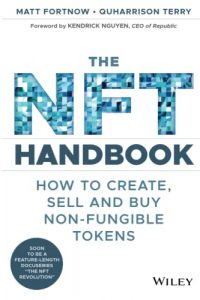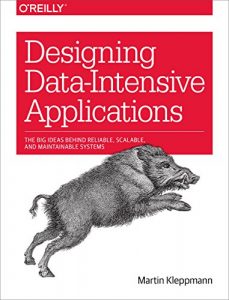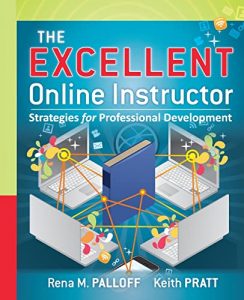Unlock the Power of Containers with Expert Insights
In today’s rapidly evolving tech landscape, the ability to effectively manage and deploy applications is paramount. Containerization has emerged as a revolutionary solution that encapsulates applications and their dependencies, streamlining deployment processes and enhancing scalability. Kubernetes, the leading orchestration platform, takes this innovation to the next level by automating the management of containerized applications across clusters of hosts. As these technologies continue to proliferate, gaining expertise through the right literature becomes essential for professionals aiming to stay at the forefront of the industry.
This blog post highlights some of the most influential and informative books available on the topic of Containers and Kubernetes. Each of these selections not only covers fundamental concepts but also dives into advanced techniques that can benefit both newcomers and seasoned professionals alike. Whether you’re looking to secure your containerized environment or streamline your workflows, there’s a book here that can help guide your journey.
Featured Reviews
1. Security for Containers and Kubernetes: Learn how to implement robust security measures in containerized environments (English Edition)
This book is an essential read for anyone looking to understand and secure Kubernetes environments. Not only does it provide a comprehensive overview of the security challenges faced in containerized architecture, but it also offers practical solutions and strategies. From authentication to network policies, the author expertly navigates through key security measures helping practitioners ensure that their applications remain robust and secure. With real-world examples and actionable insights, this guide is a must-have for DevOps teams and security professionals alike.
2. The Book of Kubernetes: A Complete Guide to Container Orchestration
This title serves as a comprehensive guide into the world of Kubernetes, focusing on container orchestration principles. It balances theoretical frameworks with practical examples, making it perfect for readers new to this technology. With its easy-to-follow explanations and diagrams, you will learn how Kubernetes works and how to implement it effectively in your projects. An invaluable resource for IT professionals aiming to deepen their understanding of modern application deployment.
3. Kubernetes: Practical Guide for Developers and DevOps Teams—from Container Basics to Advanced Helm Deployments
Ideal for developers and DevOps teams, this practical guide breaks down everything from basic concepts of containers to the advanced deployment techniques using Helm. The author uses clear language to present complex topics, making them accessible to readers of all skill levels. Through numerous examples and clear explanations, you’ll be empowered to implement Kubernetes in your environment swiftly and confidently.
4. Kubernetes Containers in OpenShift: For beginners in Kubernetes
This beginner-friendly book offers an insightful look at managing Kubernetes containers using OpenShift. The text simplifies concepts and guides readers through step-by-step processes to get started quickly. Essential for professionals diving into Kubernetes via OpenShift, this work stands out for its clarity and structured approach, making complex ideas more digestible.
5. The Ultimate Docker Container Book: Build, test, ship, and run containers with Docker and Kubernetes
This book is perfect for those looking to master both Docker and Kubernetes. It takes readers through every stage of working with containers, from creation to deployment. The author combines foundational knowledge with hands-on examples to ensure practical understanding. This book is invaluable for developers and operations teams looking to enhance their containerization skills.
6. Podman in Action: Secure, rootless containers for Kubernetes, microservices, and more
For those looking to explore alternatives to Docker, Podman is a compelling choice, and this book does an excellent job of presenting its features. This comprehensive guide walks readers through the creation of rootless containers, imbued with examples relevant to Kubernetes applications and microservices. An essential read that broadens your understanding of containerization beyond Docker.
7. Cracking Containers with Docker and Kubernetes: The definitive guide to Docker, Kubernetes, and the Container Ecosystem across Cloud and on-premises (English Edition)
This definitive guide covers Docker and Kubernetes in great depth, addressing essential practices within the container ecosystem. The author skillfully details the intricacies of deploying applications both in the cloud and on-premises. A holistic resource that’s tailored for professionals looking to enhance their expertise in containerization.
8. Kubernetes Operators: Automating the Container Orchestration Platform
Focusing on automation, this title provides a detailed exploration of Kubernetes Operators, which facilitate the automation of applications on Kubernetes. It helps with understanding how operators function, empowering teams to enhance operational efficiency and reduce manual errors. An excellent choice for those already familiar with Kubernetes who seek to streamline their workflows.
9. Containers Kubernetes com OpenShift: Para iniciantes em Kubernetes (Portuguese Edition)
Perfect for Portuguese-speaking beginners in Kubernetes, this localized edition provides essential insights into utilizing Kubernetes containers with OpenShift. Written with clarity, it serves as a gentle introduction and is engaging enough for readers keen on mastering containers in their native language.
10. Ansible For Containers and Kubernetes By Examples
This book provides practical examples of using Ansible within the container and Kubernetes ecosystem. It is perfect for DevOps practitioners who are familiar with Ansible and wish to expand their skills to container orchestration and management. The hands-on approach allows readers to gain indispensable knowledge and practical skills needed in today’s automated environments.

